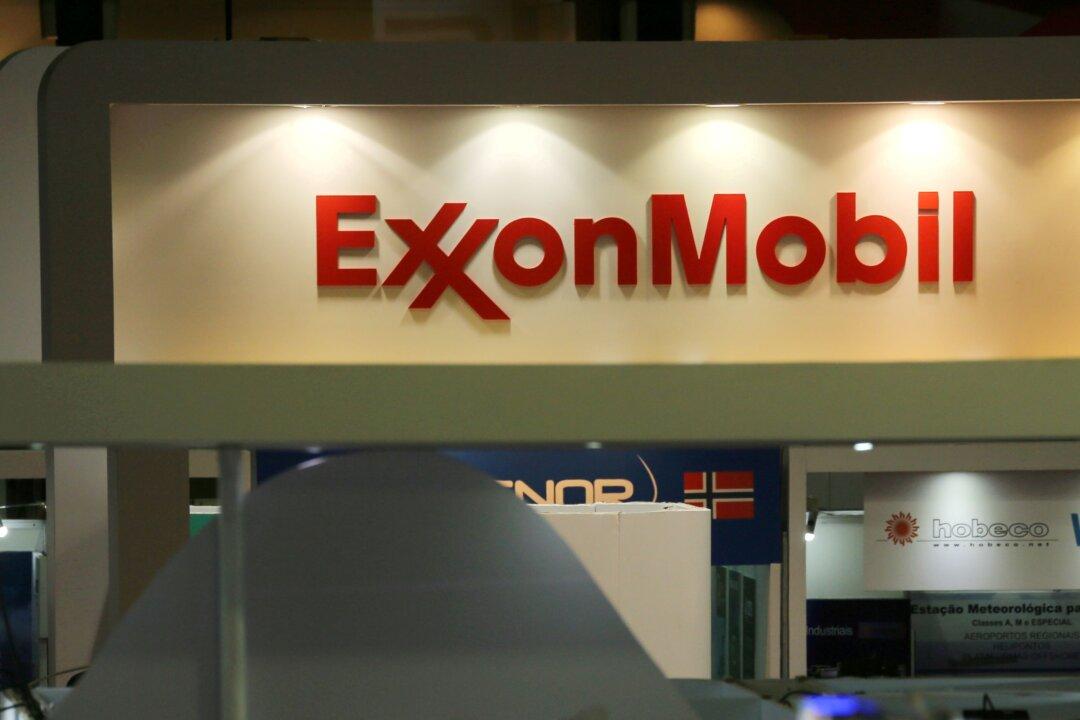ExxonMobil Corporation plans to become a “leading supplier” of lithium for electric vehicles (EVs) by the end of this decade and has begun drilling at a site in Arkansas estimated to hold significant deposits of the element.
Earlier this year, Exxon purchased 120,000 acres of a site in southern Arkansas that is considered to be “one of the most prolific lithium resources of its type in North America,” according to a Nov. 13 press release. The oil giant is now drilling the first lithium well at the site and aims to be a “leading supplier” of lithium to electric vehicles by 2030.





